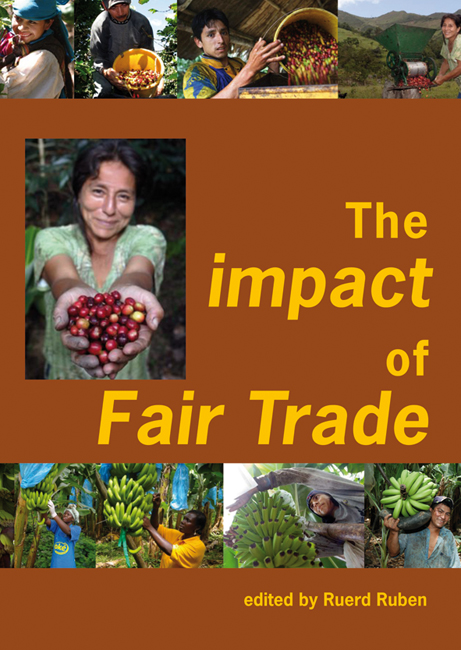CLCF11
LanguageENG
PublishYear2008
publishCompany
Brill
EISBN
9789086866472
PISBN
9789086860838
- Product Details
- Contents
Twenty years ago, Fair Trade started as an effort to enable smallholder producers from developing countries to successfully compete in international markets. Better access to market outlets and stable prices are considered key principles for sustainable poverty reduction and stakeholder participation based on 'trade, not aid'. While Fair Trade is primarily conceived as a trading partnership - based on dialogue, transparency and mutual respect - seeking greater equity in international trade, it relies on an organized social movement promoting standards for production practices and delivery procedures, working conditions and labour remuneration, environmental care and social policies in supply chains of certified tropical goods.Over the past two decades, sales of Fair Trade products have considerably increased. After the first shipments of coffee, the range of products has gradually broadened to include fruit (particularly bananas, pineapple and citrus), tea, cocoa, textiles, cosmetics and a whole series of other products. Global Fair Trade sales have steadily grown to approximately EUR 1.
Collected by
- UCLA
- Princeton University
- University of Oxford
- Harvard University
- Columbia University Library
- Stanford University
- University of Chicago
- UCB











